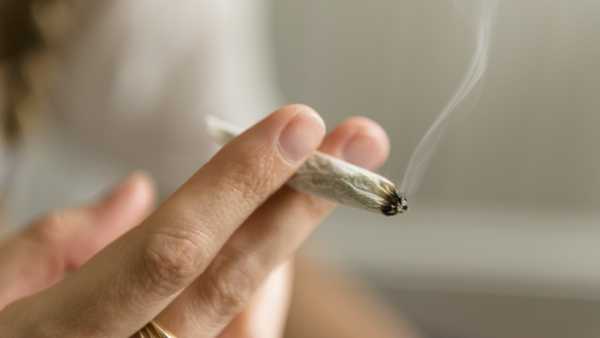
A leading group of obstetricians and gynecologists has strengthened its guidelines on cannabis use immediately before and during pregnancy, as well as while breastfeeding. (Photo: Jamie Grill via Getty Images)
873c58-7d53-4d18-ba15-9f8808ab1fe5″> Recently updated guidelines from the American College of Obstetricians and Gynecologists (ACOG) emphasize that pregnant and breastfeeding women should not use cannabis.
A professional group that, in a 2017 report, already urged obstetricians and gynecologists to discourage their patients from using cannabis during pregnancy now recommends that doctors systematically ask patients about their cannabis use before, during, and after pregnancy. Updated guidelines, published in September, also state that doctors should inform patients about the potential risks associated with this drug.
You may like
-
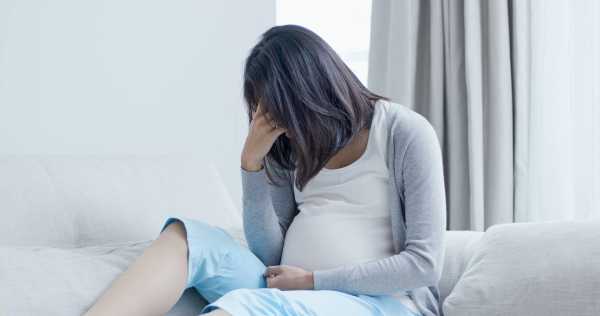
An FDA panel has questioned the safety of antidepressants during pregnancy. Here's what the science really says.
-
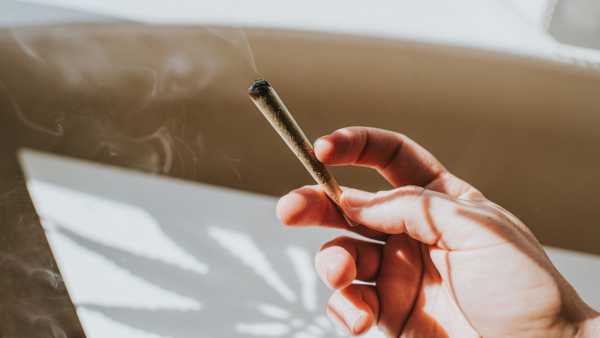
Does cannabis increase the risk of cancer?
-
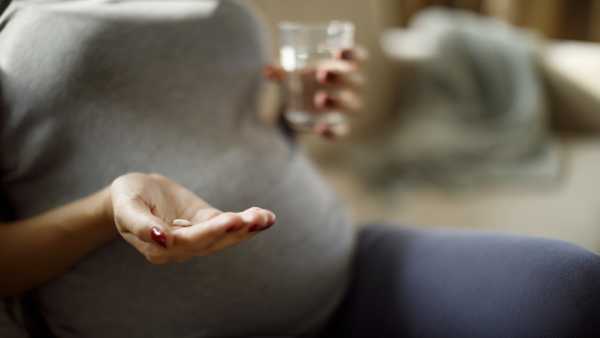
Is acetaminophen safe during pregnancy? Here's what the science says.
ACOG recommends universal cannabis screening through interviews, self-reports, and other proven methods. However, the professional group opposes biological testing, which involves using hair or urine samples to detect cannabis use. Historically, biological testing has disproportionately affected minorities.
“Black patients test positive for substance use disorders at the same rate as white patients, but they are 4 to 10 times more likely to have a positive drug test result referred to child protective services,” the guidelines emphasize.
Cannabis use is on the rise
In recent years, more and more pregnant women have turned to cannabis as a “natural” way to relieve symptoms such as nausea and vomiting. Some also use cannabis to cope with the stress and anxiety often associated with pregnancy.
According to a study published in 2022 and based on data from the National Survey on Drug Use and Health, self-reported cannabis use among pregnant women in the US more than tripled between 2002 and 2020. In 2002, 1.5% of pregnant women reported using cannabis without alcohol, compared to 5.4% in 2020.
Additionally, various studies show that in the United States, between 4% and 16% of women use this drug during pregnancy.
“With the legalization of [cannabis] in many states, people have come to perceive the risk as very low,” Dr. Alta DeRoo, a board-certified addiction specialist, obstetrician-gynecologist, and chief medical officer at the Betty Ford Foundation in Hazelden, who helped develop the guidelines, told Live Science.
However, ACOG notes that medical science does not support the use of cannabis during pregnancy and that it may have serious health consequences for newborns.
You may like
-
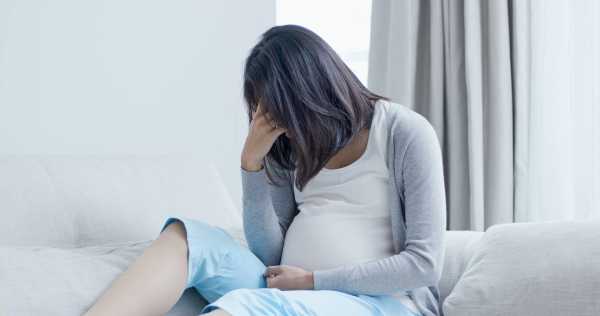
An FDA panel has questioned the safety of antidepressants during pregnancy. Here's what the science really says.
-
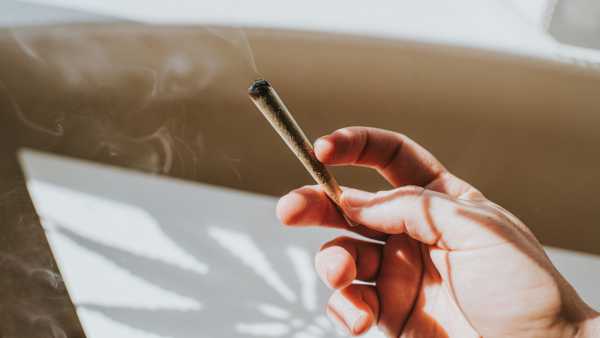
Does cannabis increase the risk of cancer?
-
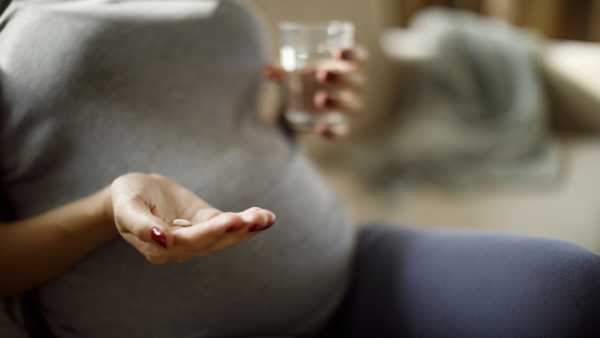
Is acetaminophen safe during pregnancy? Here's what the science says.
There is growing evidence of serious health consequences
The updated recommendations are based on growing evidence linking cannabis use around conception and throughout pregnancy to adverse outcomes, including preterm birth, low birth weight, and higher rates of neonatal intensive care unit (NICU) admission.
Additionally, evidence suggests that cannabis use during pregnancy and breastfeeding may increase the risk of long-term health effects in children, including neurodevelopmental disorders such as ADHD.
Studies have shown that THC, the main psychoactive ingredient in cannabis, can cross the placenta and enter breast milk. Cannabinoid receptors—the “docking stations” to which cannabinoids produced by the body and cannabinoids from plants can attach—are present in the fetus as early as the fifth week of pregnancy, even before a woman knows she's pregnant.
“Cannabis exposure during pregnancy significantly reduces placental blood flow, fetal oxygen availability, and causes placental changes consistent with placental insufficiency or dysfunction,” said Dr. Jamie Lo, an associate professor in the Department of Obstetrics and Gynecology at The Ohio State University (OHSU) School of Medicine, who was not involved in developing the guidelines. This placental dysfunction has been documented in both animal and human studies.
Researchers don't know if there's a safe level of cannabis use during pregnancy.
“I think it's very similar to alcohol consumption, right? We know there's a specific syndrome associated with alcohol use disorder during pregnancy, but we don't know if there's a 'safe dose,'” Valent said. “So we definitely know that drinking alcohol during pregnancy is harmful, but we don't know how much more or less vulnerable people will be. Therefore, we don't recommend drinking alcohol during pregnancy.”
She added that cannabis products are not regulated by the Food and Drug Administration (FDA) in the same way as pharmaceuticals. Therefore, they are subject to cross-contamination and other quality control issues. Therefore, Valent recommends that pregnant women abstain from all cannabis products, including CBD, the non-psychoactive ingredient in cannabis.
Patient education
In its recent clinical consensus statement, ACOG provided obstetricians and gynecologists with more information on how they can educate their patients about the risks associated with cannabis use during pregnancy and breastfeeding, as well as better understand their reasons for using the drug. ACOG also provided guidance to clinicians on how to help patients choose safer alternatives that suit their needs.
“Parents want the best for their children and don't try to do anything that could harm them,” Lo said. Many pregnant women who use cannabis likely do so “because they're simply unaware” of the risks, she told Live Science. “And for a long time, we didn't have reliable data.”
RELATED STORIES
—Cannabis use during pregnancy is associated with prematurity and other adverse effects.
—Using marijuana may reduce your chances of getting pregnant.
A large-scale study has identified genetic risks underlying “cannabis use disorder.”
Lo added that over the past few years, there has been a “significant surge in new literature” demonstrating the same adverse effects associated with cannabis use during pregnancy. The new guidelines use stronger language, which “allows healthcare professionals to truly ensure that their recommendations are supported by evidence and the [professional] community,” she added. “It's not just their personal opinion.”
Valent expressed hope that the new guidelines will help raise awareness and initiate dialogue between doctors and patients.
“Communication between doctor and patient is so important,” she said. “Being able to support our patients and make sure they feel supported in their journey to cannabis abstinence is truly crucial.”
Disclaimer
This article is for informational purposes only and does not contain medical advice.

Elise Seyral, Live Science Contributor
Elise Seyral is an award-winning journalist passionate about covering advances in health and science. As deputy editor of AARP, she wrote about brain health and healthy living in old age. Her work has appeared in AARP the Magazine, AARP Bulletin, aarp.org, and several French publications.
You must verify your public display name before commenting.
Please log out and log back in. You will then be asked to enter a display name.
Exit Read more
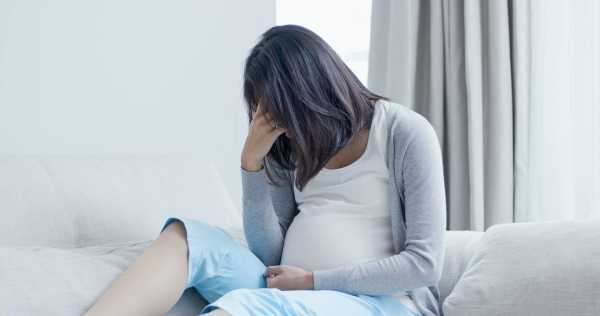
An FDA panel has questioned the safety of antidepressants during pregnancy. Here's what the science really says.
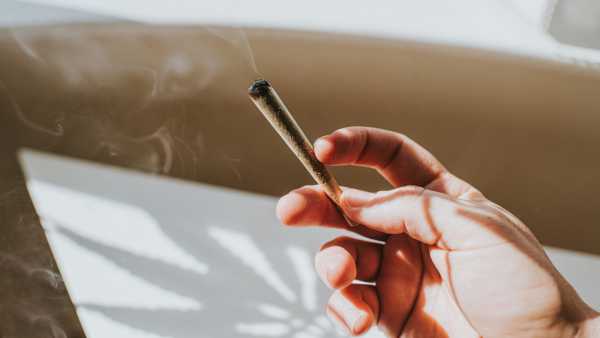
Does cannabis increase the risk of cancer?
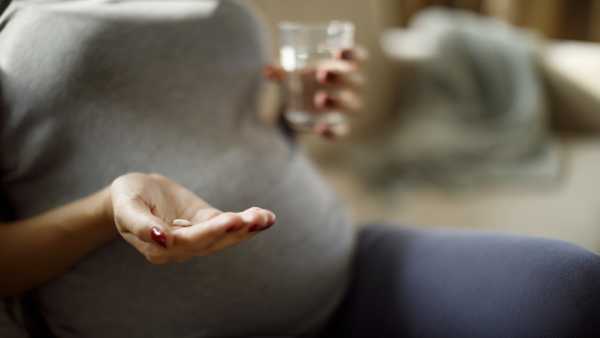
Is acetaminophen safe during pregnancy? Here's what the science says.

A laboratory study shows that even short-term exposure to air pollution can cause inflammation of the placenta.
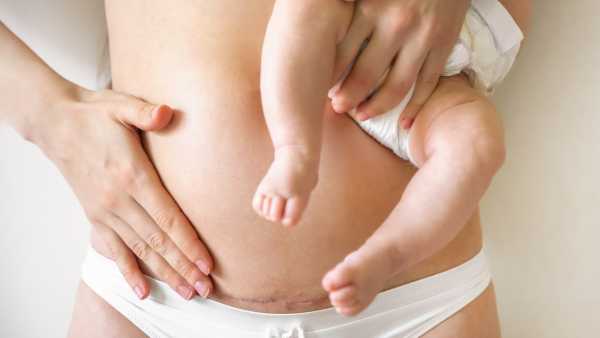
A study has found that elective cesarean sections are linked to an increased risk of childhood leukemia: What you need to know
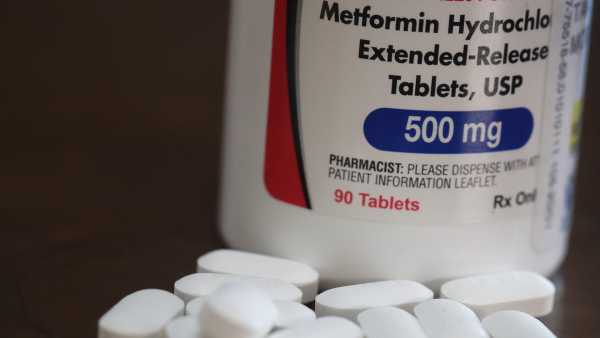
Metformin may prevent severe morning sickness.
Latest news on fertility, pregnancy, and childbirth
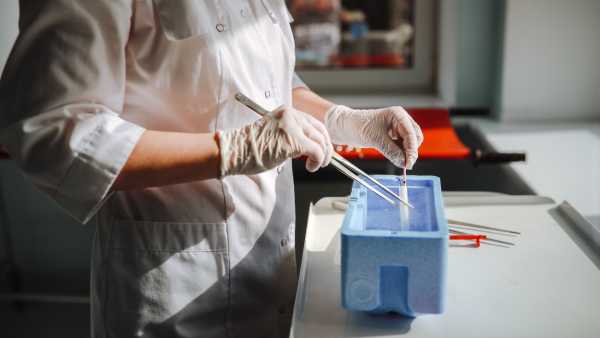
Scientists created human eggs from skin cells and then used them to create embryos.

Experts say the danger of declining birth rates in the US is “greatly exaggerated.”

A laboratory study shows that even short-term exposure to air pollution can cause inflammation of the placenta.
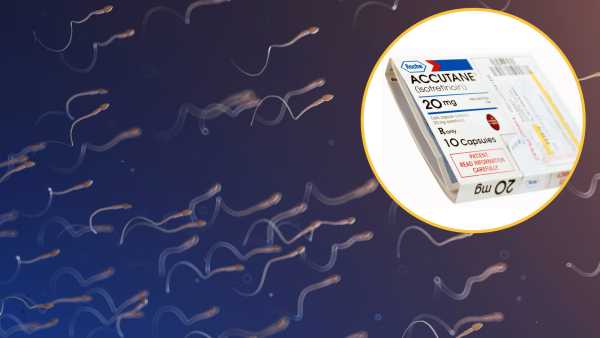
Acne drug Accutane may restore sperm production in infertile men, first study suggests.
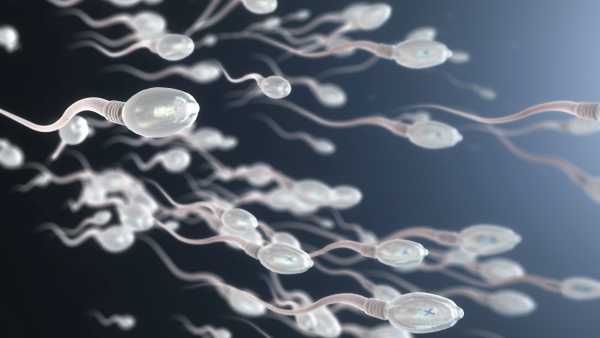
Scientists have invented “spermbots” that they pilot through an artificial cervix and uterus.

“I Would Never Let a Robot Carry My Baby”: A Poll on “Pregnancy Robots” Divides Live Science Readers
Latest news
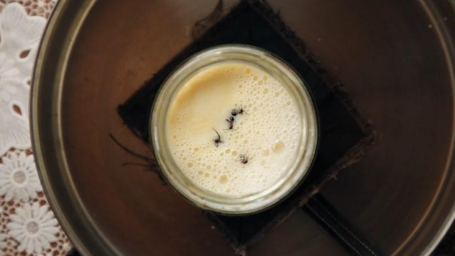
Anthropologists prepare “ant yogurt” using an ancient recipe and serve it as an “ant dish” in a Michelin-starred restaurant.
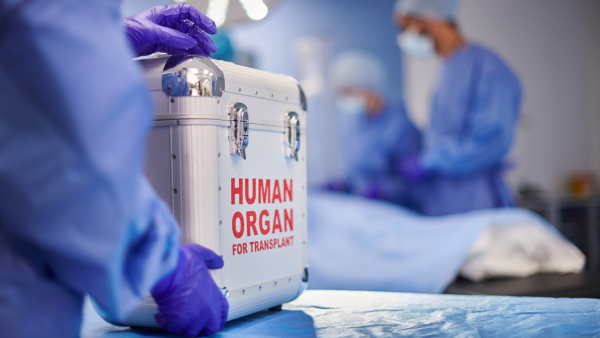
Scientists transplant a kidney from blood type A to the universal blood type O and implant it into a brain-dead recipient.
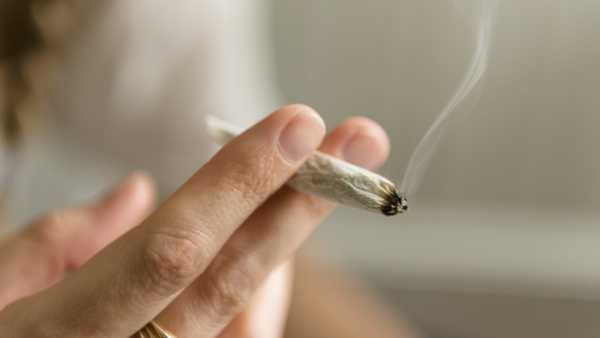
A leading group of obstetricians and gynecologists recommends against using cannabis during pregnancy and breastfeeding.

Divers have recovered more than 1,000 gold and silver coins from the Treasure Fleet, a ship that sank in Florida in 1715.
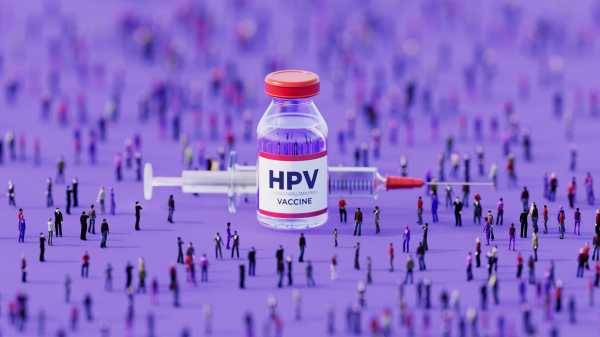
HPV vaccination reduces the incidence of cervical cancer in both vaccinated and unvaccinated people.
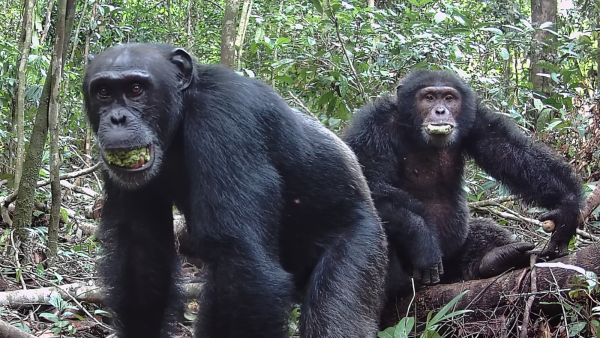
Chimpanzees eat fruits full of alcohol, but no, they don't get drunk.
LATEST ARTICLES
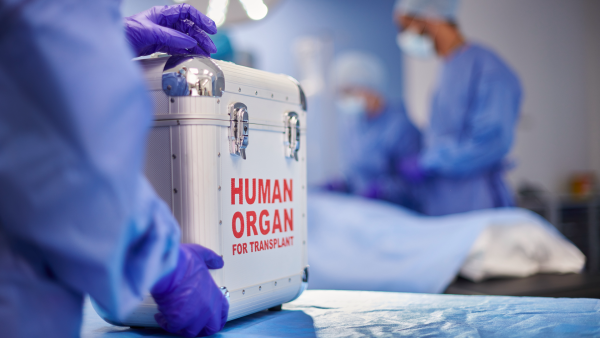
1Scientists transplant a kidney from blood type A to the universal blood type O and implant it into a brain-dead recipient
Live Science magazine is part of Future US Inc., an international media group and leading digital publisher. Visit our corporate website.
- About Us
- Contact Future experts
- Terms and Conditions
- Privacy Policy
- Cookie Policy
- Accessibility Statement
- Advertise with us
- Web notifications
- Career
- Editorial standards
- How to present history to us
© Future US, Inc. Full 7th Floor, 130 West 42nd Street, New York, NY 10036.
var dfp_config = { “site_platform”: “vanilla”, “keywords”: “type-news-daily,serversidehawk,videoarticle,van-enable-adviser-
Sourse: www.livescience.com





